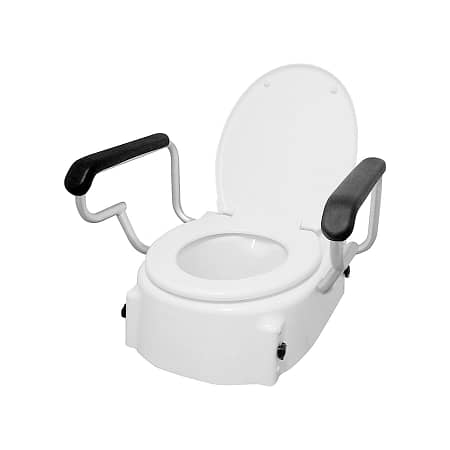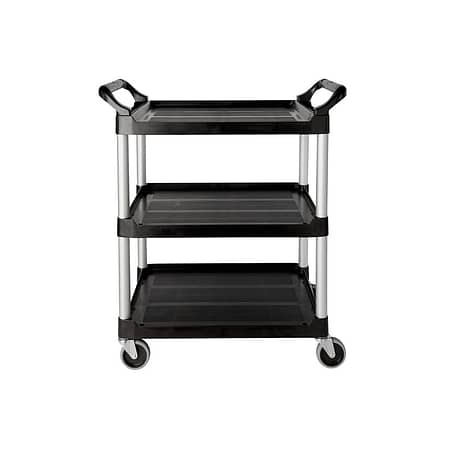How can an angled spoon be a valuable aid for healthcare professionals in assisting patients with feeding difficulties or limited mobility during mealtime.
Understanding Angled Spoons
Angled spoons, designed with unique ergonomic features, are invaluable tools in assisting individuals with feeding challenges and limited mobility, promoting greater independence and safety during mealtime. Their slanted shape and tailored grip cater specifically to the needs of those with hand dexterity issues, such as stroke survivors, individuals with arthritis, and children with developmental disabilities, making it easier for them to reach their mouths and reducing spillage. By enhancing grip control and improving accessibility, angled spoons not only facilitate a more efficient eating process but also foster self-reliance and dignity for users. Selecting the right angled spoon involves considering factors such as material, angle degree, and handle design to best meet the user’s needs. For healthcare professionals, integrating these adaptive utensils into care plans and providing proper training can significantly improve the quality of life for patients facing feeding difficulties, underscoring the importance of these specialized tools in therapeutic and home settings alike.
The Benefits of Angled Spoons
Enhanced Grip and Control
Angled spoons are ergonomically designed to offer better grip and control, making them especially beneficial for users with limited hand mobility. This design helps in reducing the effort required to eat, enabling a smoother dining experience.
Improved Accessibility and Efficiency
The strategic angle of these spoons makes it significantly easier for users to reach their mouths, effectively reducing spillage and making mealtime more efficient and enjoyable. This feature is crucial for individuals who face challenges in coordinating movements during feeding.
Encouraging Independence
By facilitating easier self-feeding, angled spoons empower users with disabilities to eat independently, promoting a sense of dignity and self-reliance. This independence in feeding can have a positive impact on the user’s confidence and overall quality of life.

How Angled Spoons Assist Patients with Specific Conditions
Stroke Survivors
Angled spoons offer significant benefits for stroke survivors by accommodating unilateral weakness or coordination issues. Their design helps these individuals feed themselves more easily, enhancing mealtime independence and reducing frustration.
Individuals with Arthritis
For those suffering from arthritis, angled spoons are designed to reduce pain and discomfort during feeding. Their ergonomic handles and strategic angles allow for a more comfortable grip, making mealtime less challenging.
Children with Developmental Disabilities
Angled spoons serve as an essential tool for children with developmental disabilities, aiding them in the learning process of feeding themselves. The spoons’ design encourages autonomy and assists in overcoming mealtime challenges, supporting developmental growth and self-confidence.
Choosing the Right Angled Spoon
Selecting the optimal angled spoon for patients with feeding difficulties or limited mobility involves careful consideration of several key factors to ensure the utensil meets their specific needs and enhances their mealtime experience.
Factors to Consider
- Material: Durability and hygiene are paramount, with options ranging from stainless steel to BPA-free plastics.
- Angle Degree: The angle should match the user’s range of motion limitations; a more pronounced angle may be necessary for severe mobility issues.
- Handle Design: Ergonomic handles that are easy to grip and hold can significantly ease the feeding process for individuals with limited hand strength or dexterity.
- Size: The spoon’s size should be appropriate for the user’s mouth, ensuring comfort and preventing spillage.
Product Recommendations
A concise selection of highly rated angled spoons includes:
- ErgoEats Adaptive Utensil: Designed with a 90-degree angle for easy use by individuals with severe mobility restrictions.
- GripEasy Silicone Spoon: Features a soft, silicone handle and a gentle angle, ideal for users with sensitive grip issues.
- FlexiComfort Stainless Steel Spoon: Offers a customizable angle with a comfortable, padded handle, suitable for a wide range of users.
Choosing the right angled spoon is crucial for enhancing the feeding independence and overall mealtime experience of individuals facing challenges. By focusing on the mentioned factors and considering the recommended products, caregivers and healthcare professionals can make informed decisions that significantly improve the quality of life for their patients or loved ones.





















